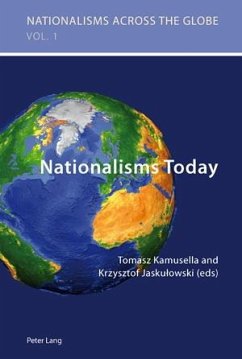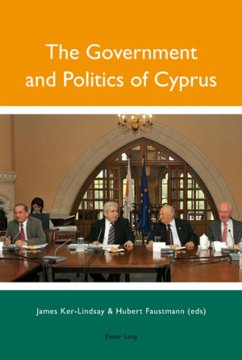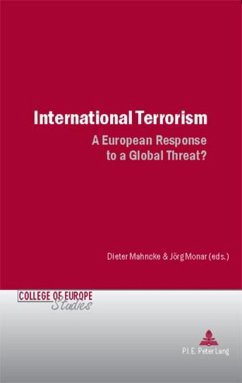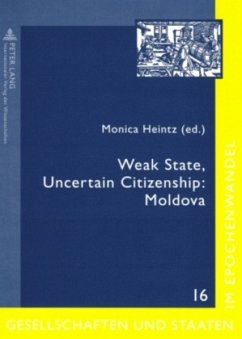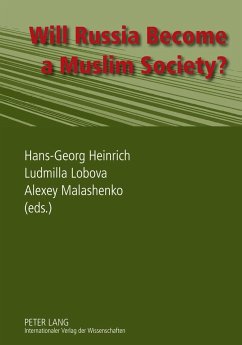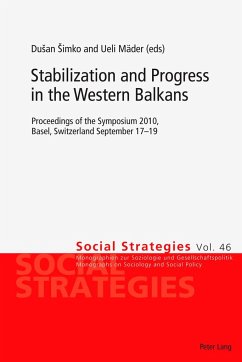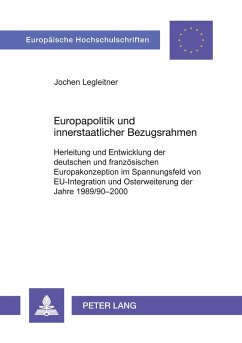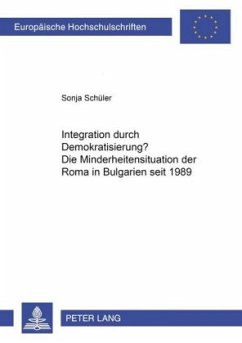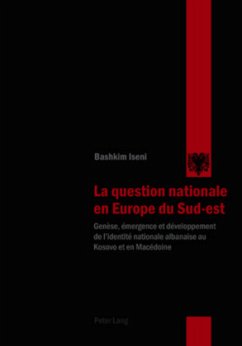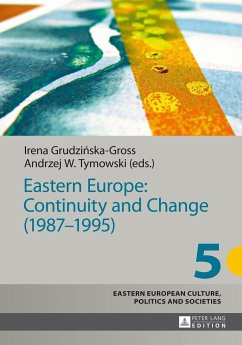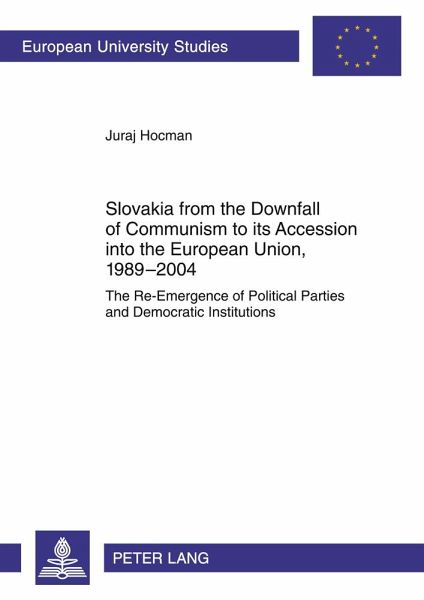
Slovakia from the Downfall of Communism to its Accession into the European Union, 1989-2004
The Re-Emergence of Political Parties and Democratic Institutions
Versandkostenfrei!
Versandfertig in 6-10 Tagen
71,80 €
inkl. MwSt.

PAYBACK Punkte
0 °P sammeln!
Throughout the 1990s, several observers of the post-communist transformation in East Central Europe viewed the Slovaks as a non-historic nation hastily modernized during the communist era. Following the fall of the communist regime and the creation of the independent Slovak Republic, the country's image was associated with radical nationalism and an unstable domestic political scene. This study examines Slovakia's evolution from the downfall of Communism to the accession of the independent Slovak Republic into the European Union from a broader historical perspective. It challenges the assumpti...
Throughout the 1990s, several observers of the post-communist transformation in East Central Europe viewed the Slovaks as a non-historic nation hastily modernized during the communist era. Following the fall of the communist regime and the creation of the independent Slovak Republic, the country's image was associated with radical nationalism and an unstable domestic political scene. This study examines Slovakia's evolution from the downfall of Communism to the accession of the independent Slovak Republic into the European Union from a broader historical perspective. It challenges the assumptions of political immaturity and passivity of Slovak society as major hindrances in the more recent phase of its evolution. The author argues that the building of the Slovak political nation had started in Austria-Hungary and continued in Czechoslovakia under all its regimes. As a result, Slovak political parties and institutions as the main carriers of democratic transformation did not emerge in the early 1990s in a political and institutional vacuum and Slovakia's road to democracy can be better understood in continuity with the processes that had begun in the 1960s.



